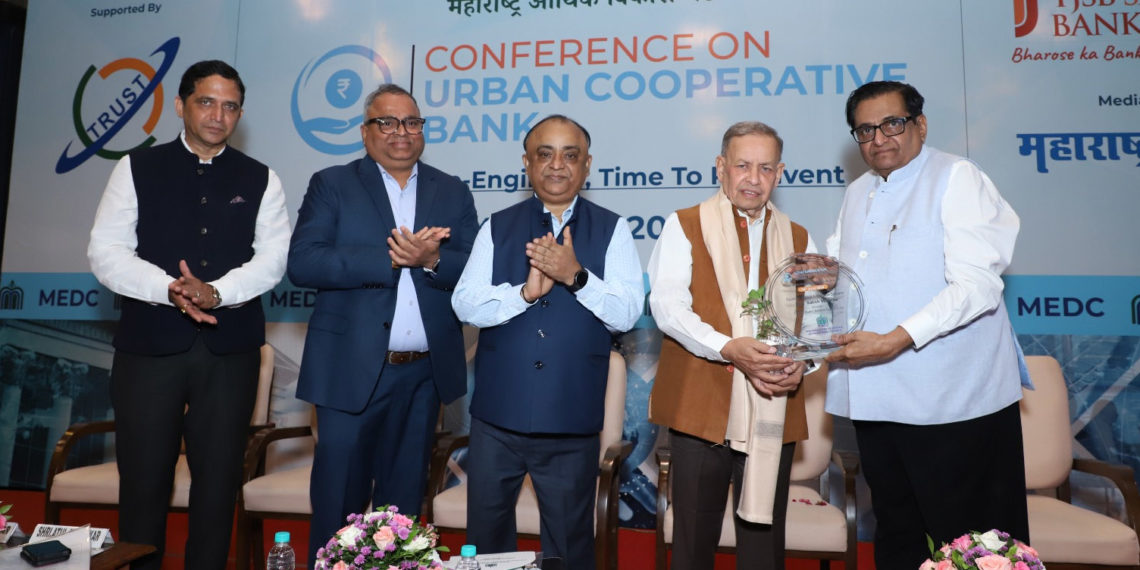By Satish Marathe
India’s Urban Co-operative Banks (UCBs), with a rich history of over 120 years, primarily originated in the pre-Independence era in the erstwhile Bombay State. Today, approximately 60% of UCBs are located in Gujarat, Maharashtra, and Karnataka. Initially regulated under state-specific Co-operative Acts, these banks have historically catered to the lower and middle income groups, small traders, and Small-Scale Industries (SSIs) in urban and semi-urban areas.
Significant changes occurred post-1962 following the establishment of the Deposit Insurance Corporation, and after substantial advocacy, UCBs were included under the Banking Regulation (BR) Act, 1949, in 1966 with certain exemptions. This partial regulation by the Reserve Bank of India (RBI) allowed for the expansion of deposit insurance coverage, subsequently increasing both the number of banks and the volume of business. However, this growth also introduced complexities, including an increase in non-performing assets (NPAs) and financial losses, leaving many UCBs in distress today.
The sector has faced continuous challenges, with over 200 UCBs facing regulatory penalties due to inadequate compliance. The situation necessitated a legislative change, and after considerable efforts from Sahakar Bharati and the RBI, the BR Act was amended in 2020, granting RBI full regulatory and supervisory authority over UCBs. This marked a new era aimed at the sector’s revival and orderly growth.
In light of the Government of India’s policy to promote holistic development, and despite global economic challenges, India’s economy ranks as the 5th largest and fastest-growing worldwide. This underscores the need for a robust financial ecosystem, where UCBs play a pivotal role. Fully integrated into the mainstream banking system, UCBs are now poised to adopt significant reforms to strengthen their operations and contribute effectively to the national economy.
Key strategies for UCBs include adopting good governance practices, ensuring transparency, maintaining sufficient capital, and developing a comprehensive risk management framework. Additionally, investing in technology upgrades, cybersecurity, and training programs will be crucial for adapting to the complex banking environment and maintaining sustainable growth.
This era of volatility and uncertainty emphasizes the importance of sound management practices and the separation of ownership and management to ensure compliance and align the interests of all stakeholders. As the sector evolves, fostering a culture of compliance and responsibility will be instrumental in achieving inclusive financial prosperity across India.
































